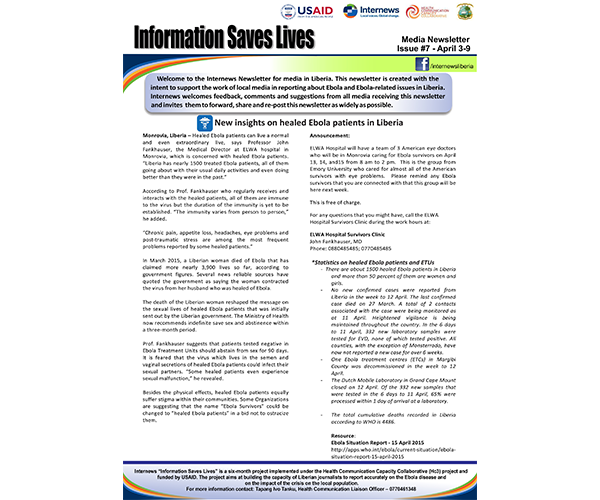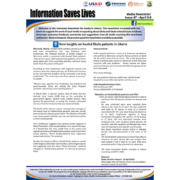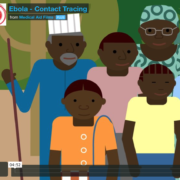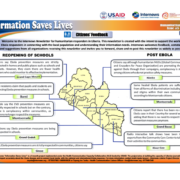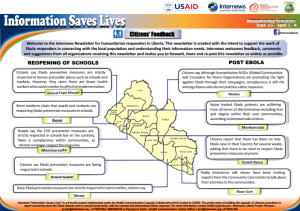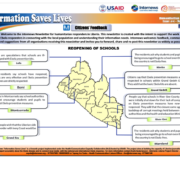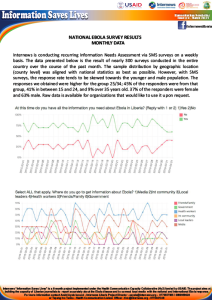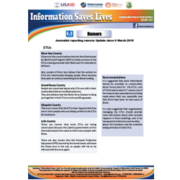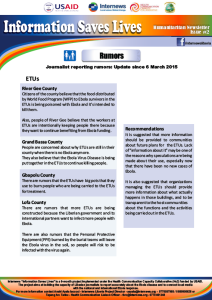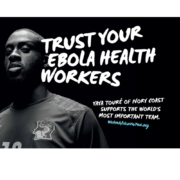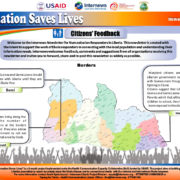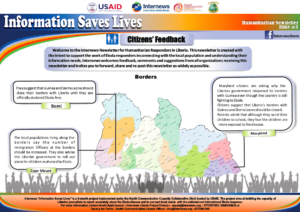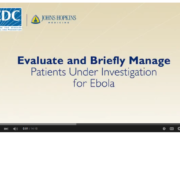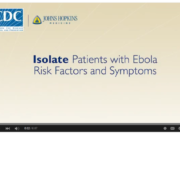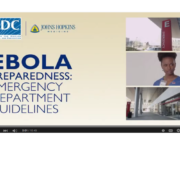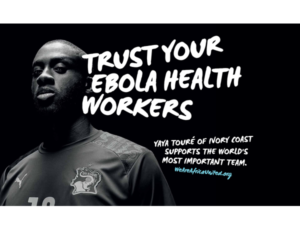 Africa United is a global team of football stars, celebrities, international health bodies and other organizations committed to stopping the spread of Ebola and building a healthier West Africa. Africa United provides critical education, resources and solidarity to those affected by Ebola in West Africa.
Africa United is a global team of football stars, celebrities, international health bodies and other organizations committed to stopping the spread of Ebola and building a healthier West Africa. Africa United provides critical education, resources and solidarity to those affected by Ebola in West Africa.
Our mission is to help stop the spread of Ebola and protect individuals and communities in affected areas by:
- Driving adherence to positive behavior change messages tailored to current needs
- Instilling confidence in health workers continued efforts in the community
- Catalyzing resource mobilization from public and corporate sources
- Coordinating a synergies amongst government leaders, local NGOs and international humanitarian response organizations
Africa United launched in the fall of 2014 to meet a critical need for support and behavior change messages, and uses the power of celebrity – African footballers – to deliver these messages through media, sports, health and governmental distribution partners. The campaign has produced and distributed a series of videos, radio spots and print materials (e.g., posters, football cards, notebooks) that feature locally influential celebrities delivering health and support messages, and we work closely with CDC in-country teams and NGO partners to adapt materials to rapidly changing needs. To view or download the materials, please visit www.WeAreAfricaUnited.org.
Africa United: Trust Your Health Worker Poster ft. Yaya Toure (Manchester City/Ivory Coast)
